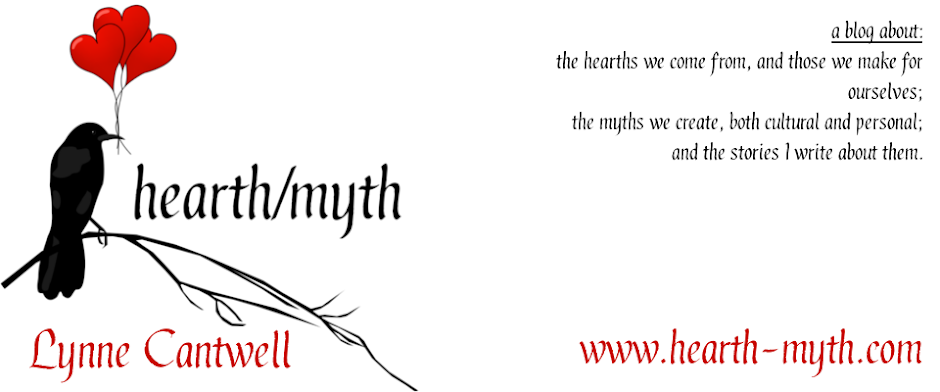We were forcefully reminded this week of one of the scourges of modern life: cancer.
Last Sunday, rock-and-roll superstar David Bowie died of cancer at the age of 69. Then on Thursday, actor Alan Rickman died of cancer at the age of 69.
Their ages caught my attention because in 1984, my father died of cancer at the age of 69.
My mother lived into her early 90s, and although she didn't die of cancer, she went under the knife for cancer surgery three times in the last ten or so years of her life.
Of course, younger people get it, too. I'd be willing to wager that most of us know someone who has had cancer. I had dinner with a friend tonight who is a breast cancer survivor. An indie author friend just lost her sister to the same disease. Even children get cancer.
Did you know that the United States declared war on cancer 44 years ago? I wasn't paying a lot of attention to cancer in 1971, but that was the year President Nixon signed the National Cancer Act. Forty years. And yet today, we can declare only small victories: lower death rates, new treatments. Improvements, sure, and not to be denigrated. But still, the scourge is with us.
We have learned some important things about cancer over the course of the past 44 years. For one thing, cancer is not a single disease, but a whole host of diseases. Some of them may be caused by bacteria or viruses; many have environmental causes; some have a genetic component. Some drugs work against certain cancers, but not others. All of those bits of knowledge advance the fight against cancer. But still, the scourge is with us.
During his State of the Union address this week, President Obama mentioned that Vice President Biden is spearheading an effort to speed up progress toward a cure. Biden -- who lost his 46-year-old son to cancer less than a year ago -- says part of the problem is that cancer research efforts are compartmentalized, and competition and territorialism within the field are preventing researchers from sharing their results. It's not just the researchers, he says, who are keeping their data to themselves; oncologists and those who fund research aren't encouraging the flow of information, either.
Somehow, that doesn't surprise me. I promised not to get political on this blog, but my cynical side can't help but think about the size of the industry that surrounds cancer. The National Cancer Institute has spent close to $100 billion on research since 1971, and something like 260 organizations are dedicated to raising money for cancer research (although given what we know about some of those organizations, much of that cash may be enriching the fundraisers themselves). Then there are the oncologists, the pharmaceutical companies, and the health insurance companies. The vast majority of these people are trying to help, I know, and I'm certain they would be delighted if a breakthrough allowed them to turn to some other line of work. But it does strike me that an awful lot of people make a living from this disease, one way or another.
And still the scourge is with us.
Spider's Lifeline, the book I'm working on now, is set in 2051. Webb Curtis, who narrates the novel, talks about how the gods have done their best to remove the scourge of cancer:
Most cancers had been eradicated not long after the Second Coming, when a select few pharmaceutical company CEOs and researchers received visits from the gods, who told them where their priorities would be directed henceforth.Unfortunately, Vice President Biden won't have the gods' help -- at least, not as directly. But I hope he can convince those involved in cancer research and treatment to cooperate with one another, and to remember that the point of the exercise is to end the scourge.
***
These moments of serious blogginess have been brought to you, as a public service, by Lynne Cantwell.

No comments:
Post a Comment